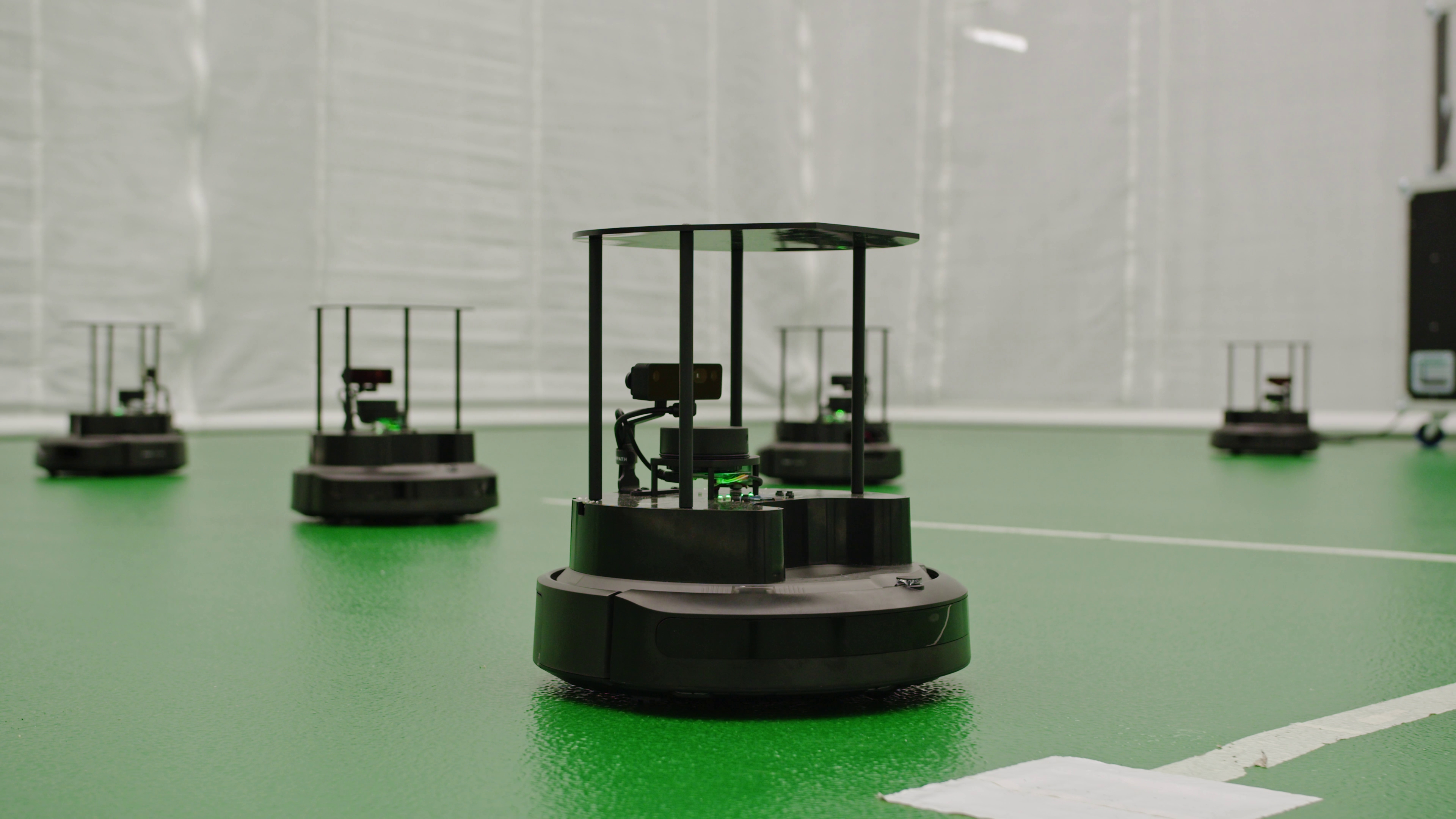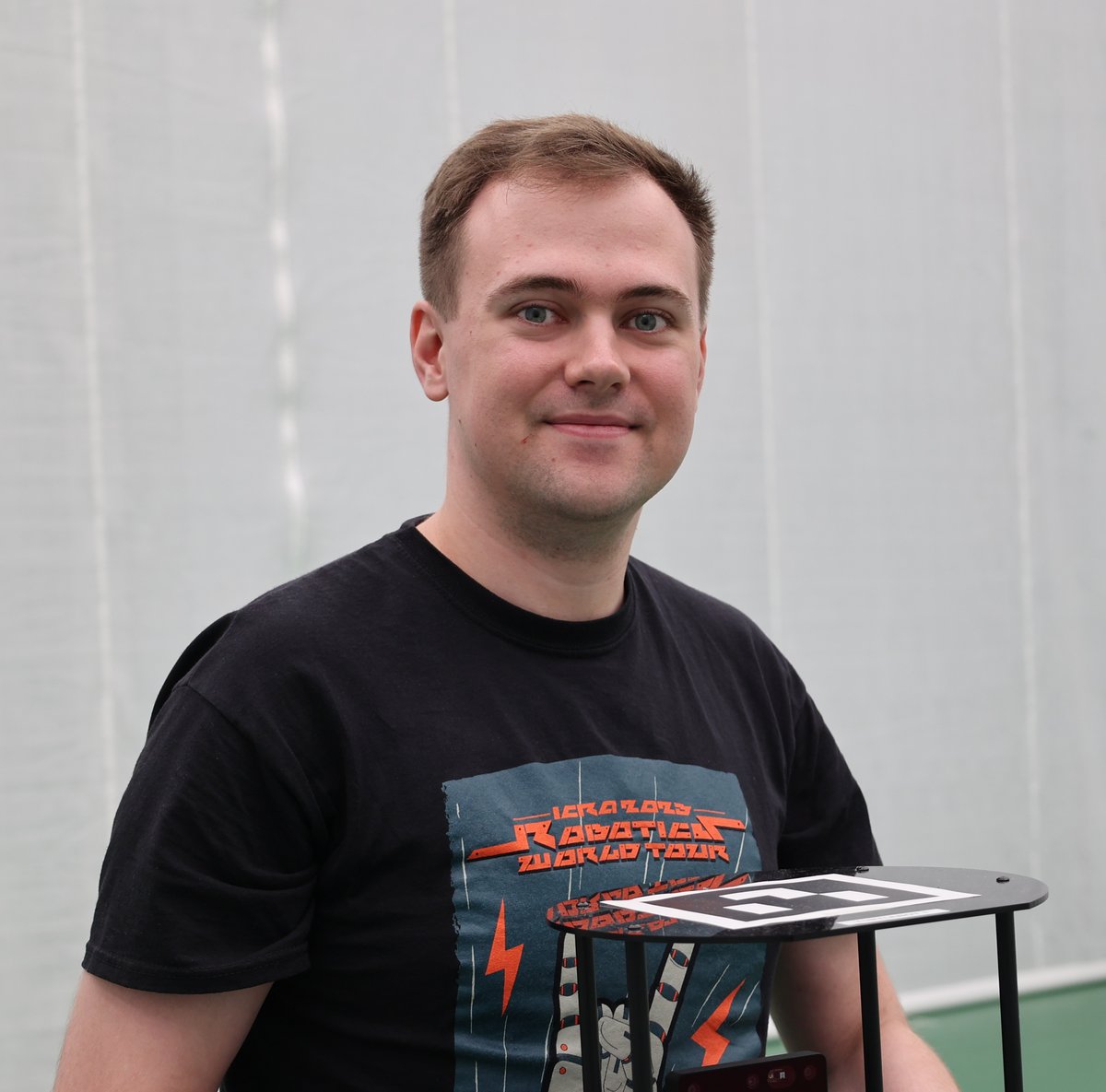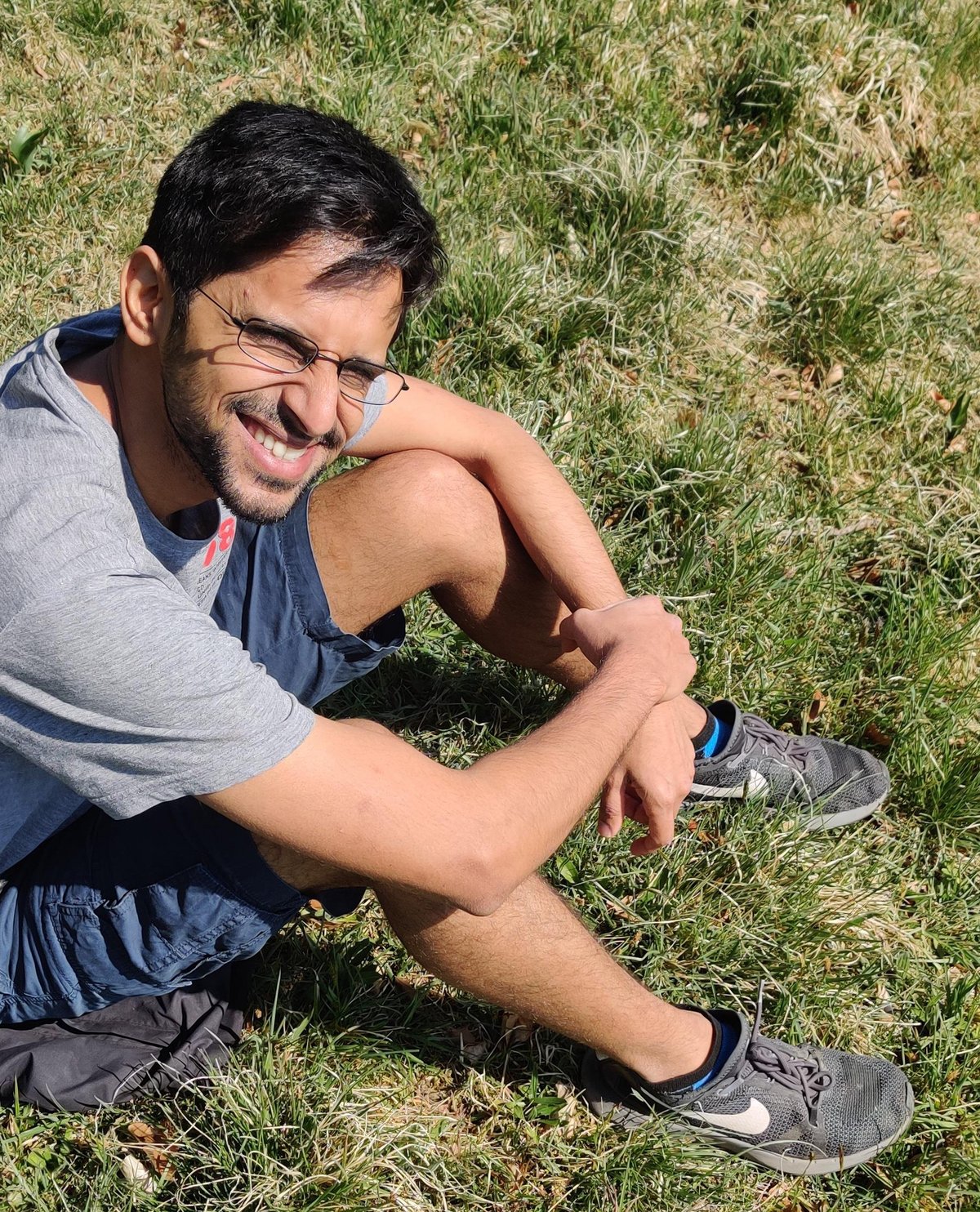
Double CZS Nexus funding for Konstanz researchers
Thejasvi Beleyur and Jonas Kuckling from the Cluster of Excellence "Collective Behaviour" at the University of Konstanz receive funding from the Carl-Zeiss-Stiftung in the amount of 1.5 million euros each.
Biologist Thejasvi Beleyur and computer scientist Jonas Kuckling from the University of Konstanz have successfully acquired funding from the foundation Carl-Zeiss-Stiftung (CZS). The CZS Nexus funding programme will provide them with 1.5 million euros each they can use to set up interdisciplinary junior research groups starting in autumn 2024. The two researchers work at the Cluster of Excellence Collective Behaviour at the University of Konstanz.
Learning from nature
Thejasvi Beleyur's research project titled "Swarms in censored realities: how biological and technological collectives move in the dark" will address the question of how echolocating bats and robots, for example, can move in large groups. His research group will combine concepts and methods from the research fields of collective behaviour, biology and robotics. The group will investigate how bats manage to move in groups despite their echolocation signals interfering with each other, and apply these principles in robot swarm experiments. In addition to that, the team will also develop algorithms to process the complex data sets generated during the experiments.
Echolocating bats, which only occasionally collide with their conspecifics in a huge swarm even in complete darkness, serve as a model from nature. "In laboratory tests, we will study the problem of mutually interfering signals using an echolocating robot platform. We want to understand how collective behaviour can emerge even if only very limited information is available", explains Beleyur.
Learning by imitation
In his research project "Explainable Swarm Programming through Imitation Learning", Jonas Kuckling will focus on how imitation learning can be used to program robot swarms in order to deepen our understanding of natural collective behaviour. The aim of his work is to enable robots to learn new interactions just through observation and imitation in the future.
Up to now, even the smallest behaviour has had to be elaborately programmed. "With my research, I am making an initial contribution to how we can control the huge groups of robots we will see in the future", says Kuckling. Individual robots, for example, could then be added to existing groups without having to be explicitly programmed in advance for every eventuality. "They simply fit into the existing group, learning by imitation", explains Kuckling.
About the Nexus funding programme from the Carl-Zeiss-Stiftung (CZS)
With the CZS Nexus programme, the Carl-Zeiss-Stiftung supports postdoctoral researchers in setting up interdisciplinary research groups. The funding amounts to up to 1.5 million euros per junior research group over a period of five to six years. Research projects have to be located at the interface between two or more disciplines in the fields of science, technology, engineering and mathematics.
Key facts:
- Computer scientist Dr Jonas Kuckling has been working as a postdoc at the University of Konstanz's Cluster of Excellence "Centre for the Advanced Study of Collective Behaviour" since April 2023. His primary focus is on the automatic design of control software in swarm robotics.
- Biologist Dr Thejasvi Beleyur has been working as a postdoc at the University of Konstanz's Cluster of Excellence "Centre for the Advanced Study of Collective Behaviour" since March 2021. In his research, he is primarily concerned with the question of how active-sensing bats and robots, for example, manage to move in a group.
- The Centre for the Advanced Study of Collective Behaviour at the University of Konstanz is a global hotspot for the study of collective behaviour across a wide range of species and across scales of organization.


